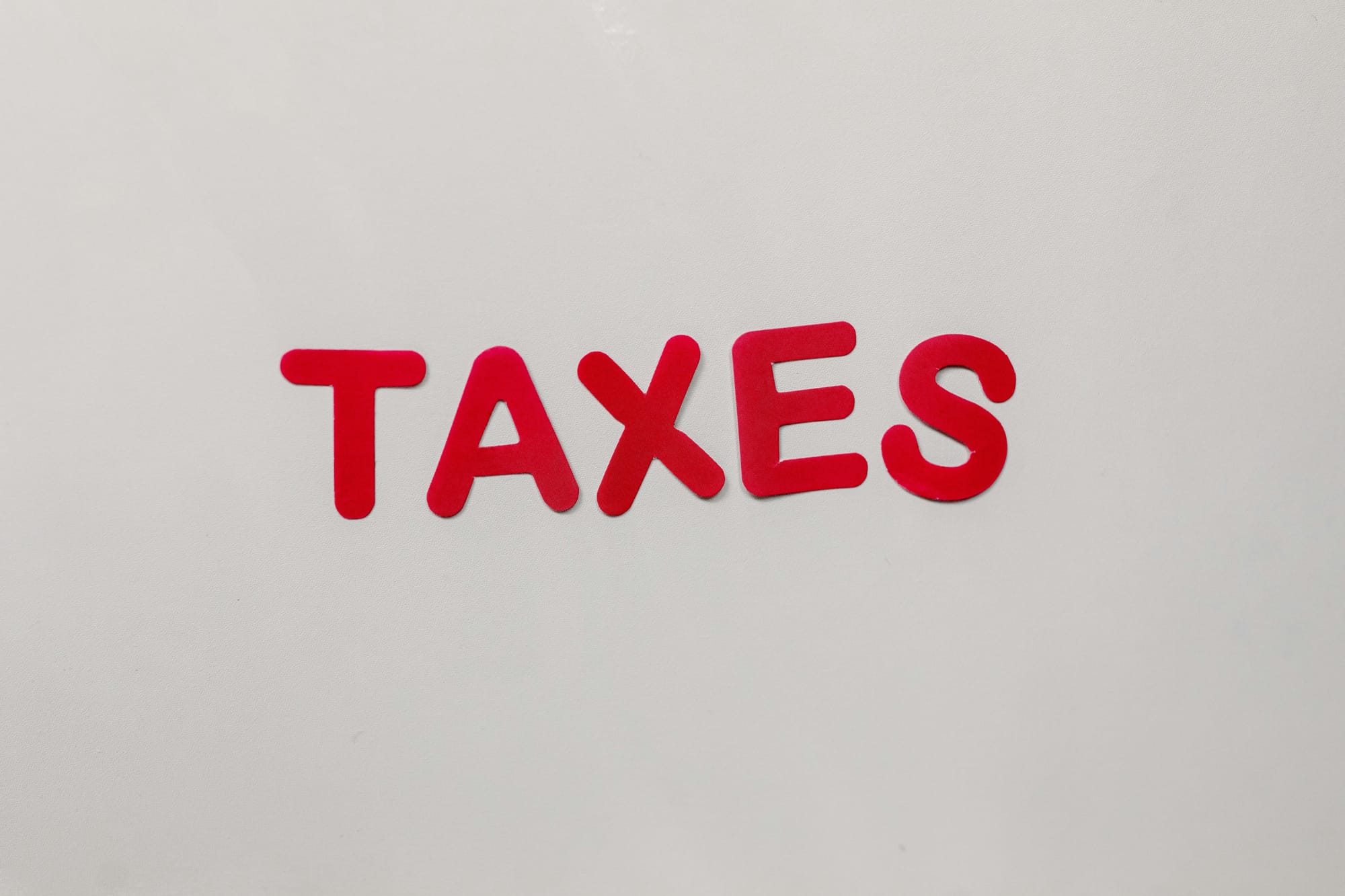21 Taxes and Hidden Fees That Kenyan Car Owners Pay in 2025

Introduction: Why Owning a Car in Kenya is More Expensive Than You Think
Buying a car in Kenya is a dream for many, but the real cost doesn’t stop at the dealership—or even at the port. From import taxes to annual road licenses, insurance fees, and surprise levies at the pump, car ownership is a costly commitment.
In fact, the typical Kenyan car owner pays at least 21 different taxes and fees, some of which you might never have considered. This guide breaks them down so you can make smarter decisions—whether you're buying your first car, budgeting for next year, or wondering where all your money is going.
A. Buying or Importing a Car: The First 8 Charges
This is where the biggest chunk of your money disappears. These taxes and fees apply whether you're importing a car yourself or buying from a local dealer who already did.
1. Import Duty (25%)
Paid on the CIF value (Cost + Insurance + Freight), this is one of the highest costs. For example, if your car’s CIF is KSh 1 million, you'll pay KSh 250,000 just in import duty.
2. Excise Duty (20%–35%)
Charged on top of CIF + Import Duty. Vehicles over 3 years old attract 35%, while newer ones attract 20%. A 5-year-old 1500cc car might be taxed at the higher rate.
3. VAT (16%)
Applied after the previous two taxes, VAT can feel like being taxed on a tax. It’s calculated on CIF + Import Duty + Excise, so it compounds fast.
4. Import Declaration Fee (2% of CIF)
A standard fee charged to register imported goods.
5. Railway Development Levy (1.5% of CIF)
Collected to fund Kenya's railway infrastructure projects.
6. Clearing Agent Charges (KSh 10,000–25,000 average)
While not a government tax, you can't avoid hiring a licensed clearing agent to process your car through KRA and NTSA systems.
7. NTSA Registration Fee (approx. KSh 3,000–7,000)
Covers issuance of number plates and logbook registration.
8. NTSA Motor Vehicle Inspection (KSh 1,000–2,000)
Mandatory for used cars before registration. If the vehicle is over 4 years old, it may need an annual reinspection too.
💡 Tip: Use the KRA Motor Vehicle Duty Calculator to estimate total import charges before committing.
B. Ongoing Annual Taxes and Operating Costs
Once your car hits the road, the expenses keep coming.
9. Road License (KSh 1,500–7,500/year)
It is also called Motor Vehicle Road License, it’s paid annually and varies by car type and weight.
10. NTSA Vehicle Inspection (Annual for commercial or older vehicles)
Passenger Service Vehicles (PSVs), trucks, and older cars need annual inspection renewals.
11. Insurance (KSh 6,000 to 60,000+ per year)
Third-party insurance is mandatory by law, while comprehensive insurance—though costlier—is advisable, especially for high-value or financed vehicles.
12. Fuel Levy (KSh 18/litre)
Charged every time you buy petrol or diesel. It's part of why fuel prices stay high even when crude oil prices drop.
13. Road Maintenance Levy (KSh 18/litre)
Another per-litre charge. In 2023, this alone contributed over KSh 80 billion to Kenya’s road maintenance budget.
14. Petroleum Development Levy (KSh 5.40/litre)
This one funds fuel price stabilization—but ironically adds to the cost per litre at the pump.
15. Air Pollution Tax (approx. KSh 5/litre)
An environmental charge meant to discourage excessive emissions, especially from diesel vehicles.
Example: If you consume 60 litres of petrol per week, you’re paying about KSh 2,700 monthly in these levies alone.
C. Usage-Related & Hidden Costs
Some of these fees vary based on where and how you use your car.
16. County Parking Fees (KSh 100–400/day in Nairobi)
Each county sets its own fees. Nairobi charges KSh 200/day for private vehicles, but some counties issue e-tickets or monthly passes.
17. Toll Road Charges (e.g., Nairobi Expressway: KSh 100–360 per trip)
Expect more toll roads soon. You pay per trip depending on your entry and exit points.
18. Fines and Traffic Penalties (Varies)
Expired insurance? Overlapping? Speeding? You’ll get hit with fines ranging from KSh 500 to KSh 10,000+—especially with the rollout of NTSA smart cameras.
19. Business VAT & eTIMS Compliance (For company vehicles)
If your car is used in a business, you must comply with VAT regulations and eTIMS (electronic tax invoicing). This includes record keeping and monthly remittances.
D. Ownership Transfer & Resale Charges
When it’s time to sell or hand over your vehicle:
20. Motor Vehicle Transfer Fee (KSh 1,000–2,500)
Paid through the NTSA TIMS portal to officially transfer logbook ownership.
21. Capital Gains Tax (5% – in business or profit sales)
If you're disposing of the car as a business asset or at a profit under a registered business, CGT may apply.
Conclusion: How to Reduce or Plan for These Costs
Kenyan car ownership isn't cheap—and it’s not just about fuel or maintenance. Understanding the full picture of car taxes in Kenya helps you:
- Avoid surprise fees during registration or resale
- Compare true costs between used vs. new vs. imported
- Budget better for annual ownership costs
- Avoid fines and stay compliant with NTSA, KRA, and county regulations
🛠️ Pro Tips:
- Choose newer, fuel-efficient cars to reduce excise and fuel levies.
- Avoid high-engine-capacity vehicles unless necessary—they attract heavier taxes.
- Use digital services like eCitizen and NTSA TIMS to stay up to date with compliance.
Remember!
If you need a logbook loan, contact us through our contact form, call us on +254791573231 or visit one of our branches across Nairobi, Kiambu, Machakos, and Kajiado counties to explore your financial options.




Comments ()